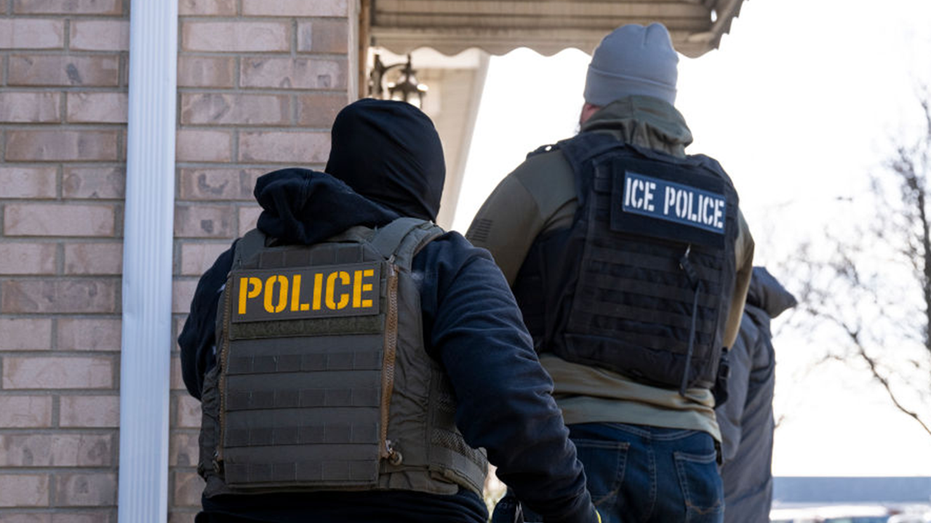A decisive legal blow landed Friday, halting the Trump administration’s attempt to reshape federal voter registration. A federal judge ruled the president overstepped constitutional boundaries by demanding proof of U.S. citizenship on all voter forms.
Judge Colleen Kollar-Kotelly, in a strongly worded opinion delivered in Washington, D.C., declared the executive order unconstitutional. She asserted the president simply lacks the authority to unilaterally alter fundamental election procedures.
The core of the judge’s reasoning rests on the Constitution’s careful allocation of power. Responsibility for regulating elections, she wrote, is explicitly assigned to states and Congress – not the executive branch.
The administration immediately defended the order as a necessary safeguard for election integrity, a claim met with swift opposition. A White House spokesperson characterized the move as “commonsense” and accused Democrats of politically motivated obstruction.
The legal challenge was brought by a coalition of groups, including the League of United Latin American Citizens, the Democratic National Committee, and the League of Women Voters Education Fund. They argued the president’s action represented an unacceptable overreach of executive power.
The ruling permanently prevents the U.S. Election Assistance Commission from implementing the citizenship proof requirement on the national voter registration form. This represents a significant victory for voting rights advocates.
However, the legal battle isn’t entirely over. The judge’s decision only addresses one aspect of the broader executive order issued in March. Other components of the order remain under scrutiny.
That original order didn’t just demand proof of citizenship; it also directed the attorney general to forge information-sharing agreements with states to aggressively pursue election fraud and tied federal funding to compliance with federal “election integrity” measures.
This isn’t the first time this particular executive order has faced legal resistance. Earlier this year, another federal judge blocked a similar attempt to enforce the requirement, responding to a challenge from Democratic state attorneys general.
The administration has vowed to appeal the latest ruling, confident that a higher court will vindicate their position. The future of election regulations, and the balance of power between the executive branch and the states, hangs in the balance.






